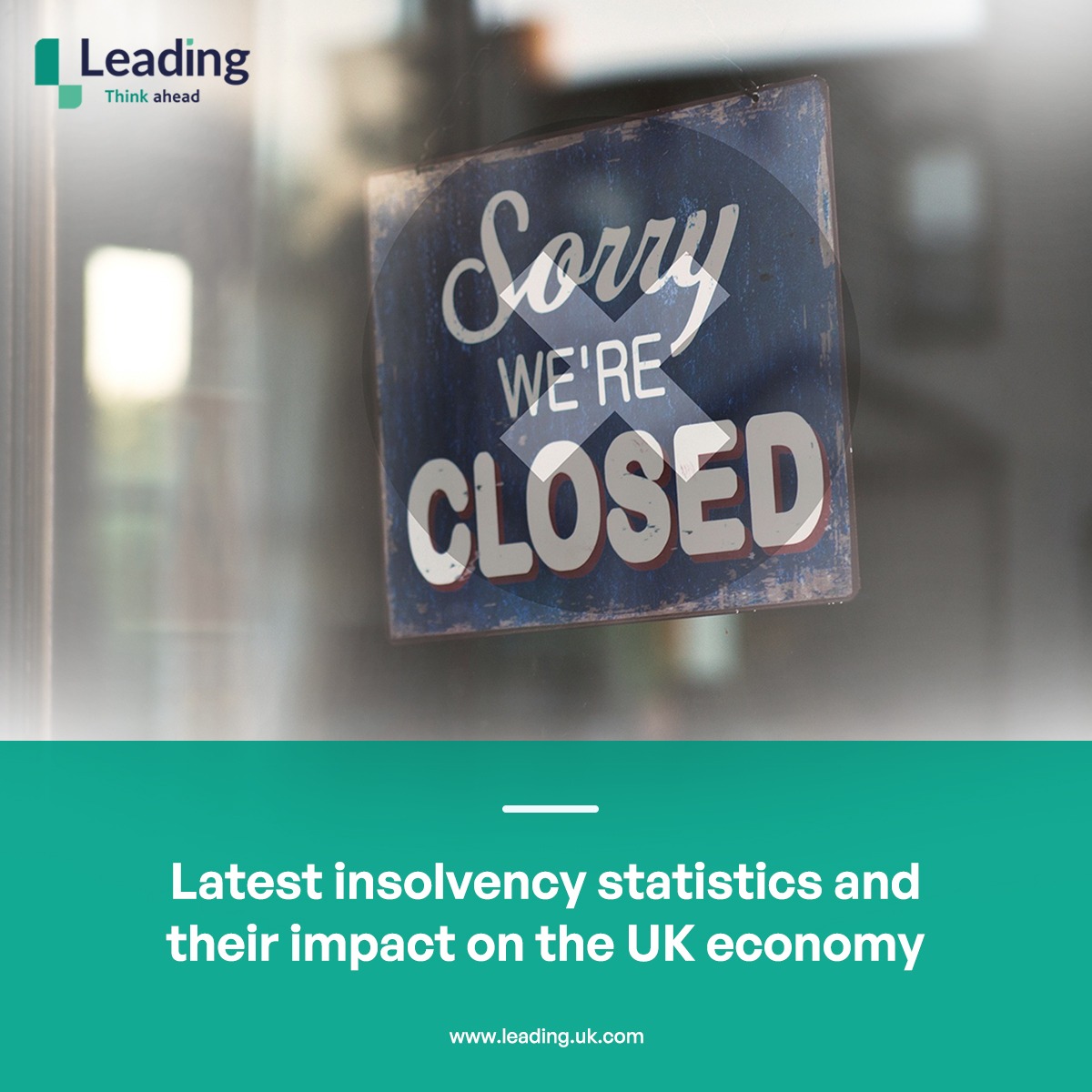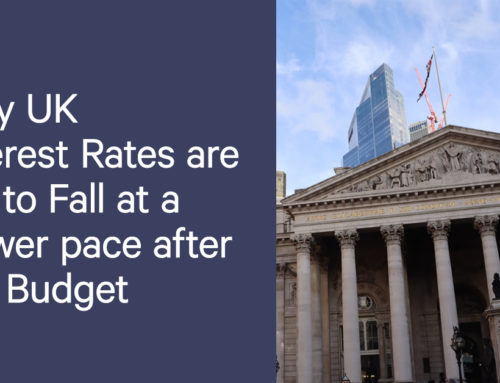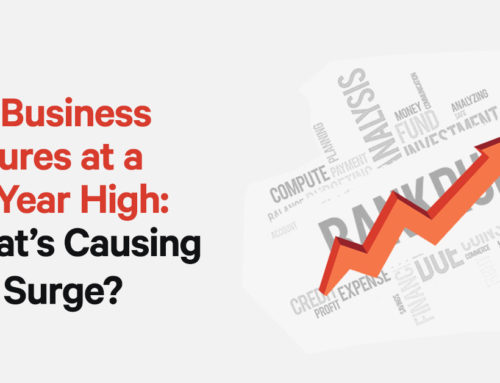Over the past few weeks and months, the UK has found itself in a relatively unstable position as government debt, pensions, and political instability has led to a large amount of volatility. This article is going to talk in more detail about what actually caused Financial Market Turmoil and whether or not the British public and British businesses should be expecting more of the same.
Pound Drop in September
There was a 10% drop in the value of the pound during the week of September 23rd. It levelled out towards the end of the week but was a signifier of the instability of the pound. It started at the beginning of the week as selling off of UK bonds led to a spike in interest rates. During this period, there was a large amount of political unrest as the government under Liz Truss was all but collapsing. The levelling out of the value of the pound came in October when Truss eventually resigned as prime minister, and Rishi Sunak succeeded her a few days down the line.
The Bank of England Intervention
There was also calm interjected by the bank of England when they announced that they would be purchasing different gilts in order to help restabilise the market. With the bank of England getting involved, interest rates began to rise steadily.
The Concerns of Experts
Despite the fact there has been some levelling out over the past couple of months, that doesn’t mean the financial turmoil in the UK is over. In fact, there are a number of experts such as policymakers, commentators and investors who remain concerned about the economic future of the UK. Pair this with the current energy crisis, inflation at 10.1% and rising government indebtedness, the concerns of such experts are certainly justified, but are they significant?
The fact is that following the economic and political turmoil that has taken place in the UK over the past few months, there are a few challenges that face the British public (and, more specifically, British businesses) moving forward. These are going to be discussed in more detail below but if you need assistance on how your business should progress, then it is worth reaching out to professionals such as Leading UK, who will be able to study your business’s current position and how this sits in the current economic climate.
What Problems Face UK Businesses Moving Forward?
So, what are some of the main problems that are currently facing UK businesses and will continue to be an issue moving into 2023? They include:
- The Energy Crisis
Though the focus of the energy crisis has predominantly been on UK households, it is also a serious concern for businesses across the country. 89% of businesses have confirmed that the rising energy prices are of concern, with a further 33% saying that the increase is a major challenge. As such, this is one of the biggest hurdles that businesses across the UK will face moving forward.
More than three-quarters of businesses have also said that there is a noticeable worry coming from the energy crisis that follows the conflict in Russia and Ukraine. As contracts for organisations begin to come to an end at the end of the financial year in April, when companies try to renew them, they are likely going to find that costs have increased as a result. This is best reflected in the information recently published by the Federation of Small Business, which revealed that the annual gas and electricity bills for companies in London rose by 145% in 2021 and 258% in 2022.
- Pressures Resulting from Inflation
Though rising energy prices continue to be a concern, they are just one piece of the puzzle. A direct consequence of energy costs and very close behind in terms of what businesses are worried about moving forward is the rising cost of inflation. The Bank of England currently expects this to hit about 8% in Spring, which is why they decided to intervene as was discussed previously. They also believe that it has the potential to climb even higher depending on what the financial year looks like. To reflect how unprecedented this is, the last time the consumer price index hit those levels was about 30 years ago.
Businesses are feeling the impact of inflation in different ways. Rental costs are increasing and so a lot of organisations who rent commercial space are feeling the pressure that comes with that. Salaries are also increasing, which organisations with a number of staff need to be aware of. Finally, the price of overheads is increasing too.
- Rising Interest Rates
A side effect of rising inflation is rising interest rates. Central banks are trying to combat the pressures of inflation by increasing the rate of interest. This makes it a lot harder for individuals and businesses to borrow, meaning it’s harder for organisations to finance themselves. 82% of UK decision-makers have gone on record to say that rising interest rates are a significant worry. 71% have said the limitations with accessing finance are going to be a particular struggle heading into 2023.
Does Your Business Need Help with Its Finances?
As can be seen above, thanks to a number of different factors, the UK finds itself in a time of financial turmoil. There is a large amount of economic and political instability and all of this is leading to businesses and individuals not knowing the most effective way that they should progress thanks to challenges that they will face in 2023. If you find yourself worrying about these challenges, then you should be sure to reach out to experts and ask for some assistance with your finances.
One of the best websites to work with includes Leading UK. Our team of experts will be able to sit down with you and your business in order to get an understanding of what you do and what kind of financial position you are in. Once we know this, we will be able to advise you on the best way to progress with your business, keeping in mind the financial turmoil that the UK currently finds itself in. If you require any further information then do not hesitate to get in touch.






